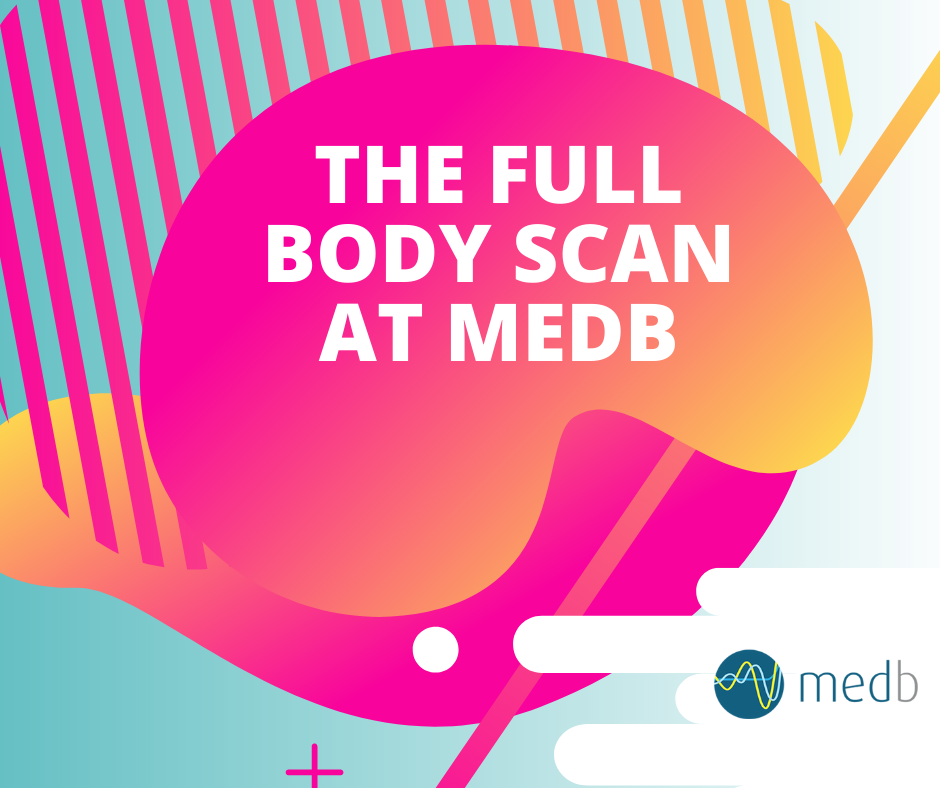
Urinary incontinence is the uncontrollable urge to urinate resulting in leaky urine, and is mostly seen in women, although it can also occur in men. Incontinence is a consequence of 2 main problems in the body–the weakness of the pelvic floor tissues (muscles and ligaments that support the bladder, uterus, prostate and other pelvic organs) and overactivity of the sphincter controlling the flow of urine.
The leading causes of weakness of the pelvic floor muscles and tissues in women are pregnancy and childbirth. Ageing is also a major contributing factor. The female hormone, estrogen maintains the muscles of the urinary bladder and sphincter, but with age, the levels of estrogen drops and the muscles become more flaccid. In men, ageing increases the likelihood of incontinence as the prostate gland increases in size causing urinary problems.
Conditions that increase the pressure around the pelvic area such as chronic coughing, sneezing or constipation, will weaken the muscles of the pelvic floor which may lead to incontinence.
Treating constipation with laxatives or stimulants may worsen urinary incontinence as such agents will also stimulate the bladder muscles. Constipation usually occurs from magnesium deficiency and replenishing lost magnesium with supplements is an effective remedy.

Weight gain and smoking will contribute or worsen urinary incontinence.
Smoking destroys vitamin C which is the main constituent of collagen–the protein that supports the muscles of the bladder. Some diseases of the nervous system, as well as infections of the bladder, will cause or worsen urinary incontinence including diabetes, Parkinson’s and Stroke. Such conditions distort communication between the brain and bladder which makes it difficult to control the bladder.
Infections of the urinary bladder can lie dormant for years without causing the symptoms of full blown urinary infection but instead give rise to low-grade infection and urinary incontinence. Recurrent Urinary tract infection and Urinary incontinence may occur from a lack of beneficial probiotics (Good bacteria that helps digestion and the immune system).

Some medications are also to blame for urinary incontinence and include diuretics (water tablets for treating high blood pressure, antidepressants and antihistamines.
The underlying cause of the weakness of the supporting structures of the pelvic organs is a deficiency of MSM (Methyl Sulphonyl Methane)–the primary mineral for making collagen. Collagen is the thin white fiber that can be seen to hold meat strands together. Collagen provides needed support for the bones, joints, muscles, ligaments, and tendons, and is made mainly from MSM.
MSM is deficient in the diet today and is a reason for many diseases of collagen, including arthritis, muscle pain and weakness, back pain, tendonitis, carpal tunnel syndrome and Dupuytren’s contracture. The daily dose of MSM is between 5 and 15 grams, and for this reason MSM supplements are better in powder form than in tablets and capsules.

GET YOUR MSM SUPPLEMENT FROM THE MEDB ONLINE STORE HERE https://medbhealth.com/shop/product-search/?res=MSM
MedB doctors and specialists have many years of experience prescribing natural medicines and studying their healing properties using advanced diagnostic and monitoring technology.
Our doctors and Specialists have an in-depth understanding of healthcare and the clinical experience to back it up.
Our unique advantage is in knowing how to combine natural medicines to produce fast and effective healing and treatment of health problems and diseases.
You can transform your life today with a Consultation.
BOOK YOUR FREE 15 MINUTES CONSULTATION NOW!

How the scan works
The diagnostic scan examines the whole body by measuring the frequencies of the cells, tissues and organs in the body. Different parts of the body emit unique frequencies, and with the aid of sensitive technology, these frequencies are measured and analysed by advanced computer programmes to determine your state of health with high accuracy. At MedB, we use the most advanced form of this diagnostic technology called Sensitiv Imago.
What to Expect
At MedB, our aim is to make your scan experience as comfortable & relaxing as possible.
It takes only 45 minutes for the first appointment, all of which you would spend in a relaxing easy chair, watching a visual interpretation of the scan in progress.
The only things you need to remove for the scan are any jewellery or metal/electronic objects.
We would also ask that for 48 hours before the scan you avoid coffee, alcohol & very spicy food. Everything else is OK. You also need to avoid smoking or using your mobile phone an hour before the scan.
Included in the report of the scan will be a recommended Direction of therapy that we suggest based on the findings of the scan.
We divide the therapy into 1st and 2nd Line therapy. The first line therapy is usually to treat the underlying cause of the illness while the second line therapy is to help regenerate and strengthen damaged areas of the body.
Taking the Direction of therapy is by no means a compulsory requirement but we will point out that we only prescribe products based on many years of use and supported by extensive research.
Benefits
Non-invasive and Safe: Unlike other scans such as X-rays and CT-scans, your body is not exposed to harmful radiation.
Accurate and Detailed: The scan reads information from the cells and tissues as well as from organs and systems to produce an accurate and detailed information about your state of health. In contrast, other scans such as endoscopies use a camera to examine just the surface of internal organs.
Affordable: A similar scan using the same technology cost up to 6 times more in England and other EU countries. Products from MedB are also cheaper than anywhere else.
For More information Call +34 865 616 862 or visit www.medbhealth.com





